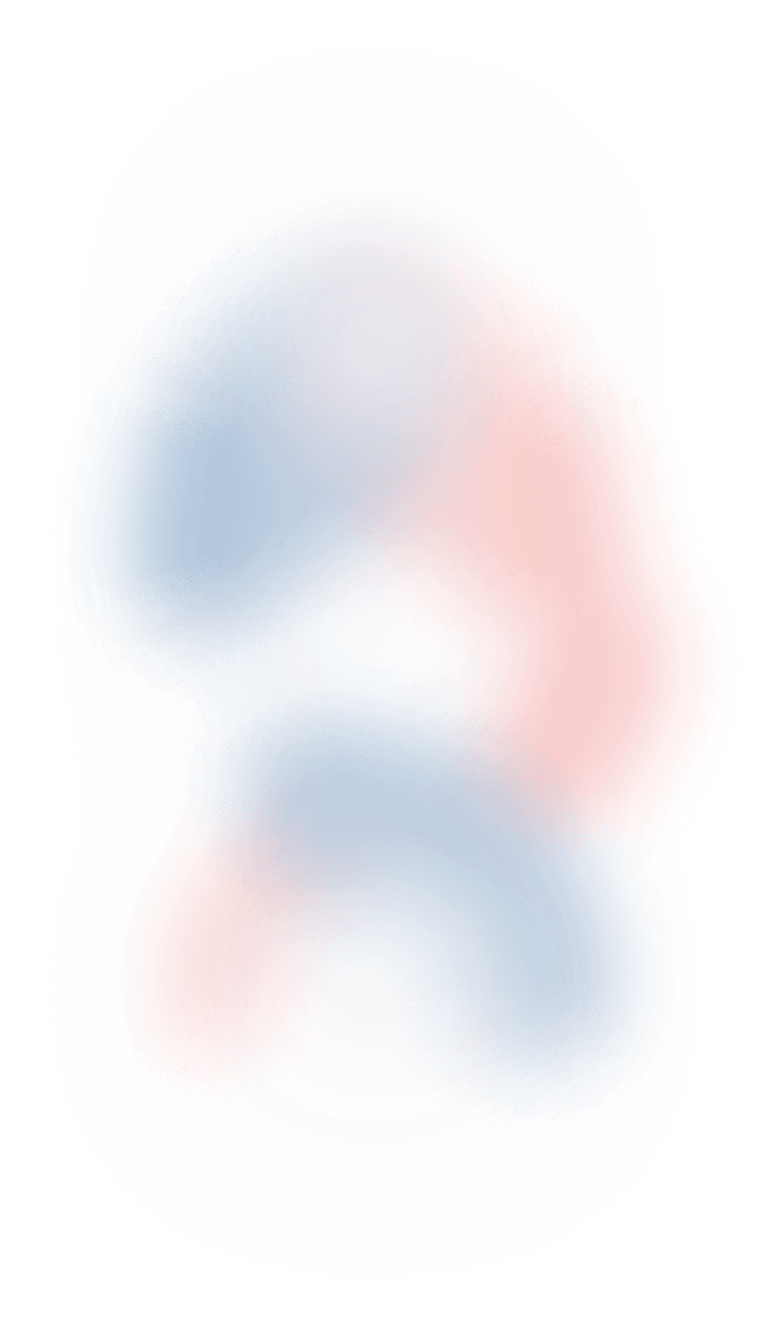Ohio cannabis law
| Medical patients | 90-day supply |
| Recreational users | 2.5 oz Or 15 grams concentrate |
| Medical patients | 6.5-7.25% |
| Recreational users | 10% |
| Recreational users | Up to 6 plants |



Do I qualify?


Concise guide to Ohio medical marijuana laws
- Acquired immune deficiency syndrome (AIDS)
- Alzheimer’s disease
- Amyotrophic lateral sclerosis (Lou Gehrig’s disease)
- Arthritis
- Cachexia
- Cancer
- Chronic migraines
- Chronic traumatic encephalopathy
- Complex regional pain syndrome
- Crohn’s disease
- Epilepsy or other seizure disorders
- Fibromyalgia
- Glaucoma
- Hepatitis C
- Huntington’s disease
- Inflammatory bowel disease
- Irritable bowel syndrome
- Multiple Sclerosis
- Pain that is either of the following nature: (i) Chronic and severe; or (ii) Intractable
- Parkinson’s disease
- Positive status for HIV
- Post-traumatic stress disorder
- Sickle cell anemia
- Spasticity
- Spinal cord disease or injury
- Terminal illness
- Tourette’s syndrome
- Traumatic brain injury
- Ulcerative colitis
90-day supply. Cannabis-specific products may be dispensed as oils, tinctures, edibles, patches, or as herbal material
No, but provisions in the law provide limited legal protections for qualifying patients who acquire cannabis from out-of-state sources prior to the operation of state-licensed dispensaries.
Yes
Yes, a qualifying patient shall have not more than one primary caregiver at any time.
167,153
Source: Medical Marijuana Control Program, as of March 2024
No
Not specified
Apply for your medical cannabis card in Ohio

Detailed overview of Ohio medical marijuana regulations
Possession limits for medical cannabis patients in Ohio
In accordance with Ohio law, individuals who are qualified patients or primary caregivers and possess a state-issued identification card are permitted to possess a 90-day supply of medical marijuana for personal use. It is important to note that medical cannabis may not be smoked; only specific forms of medical marijuana are permitted, such as vaporizable forms, tinctures, patches, edibles, topical ointments, or oils.
The Ohio Medical Marijuana Control Program(MMCP) was created by House Bill 523 in 2016. The program is regulated by both the Ohio Department of Commerce and the State of Ohio Board of Pharmacy. The MMCP strives to ensure that qualified patients have access to safe and effective medical marijuana treatments while adhering to the state’s regulations and guidelines.
Patients and caregivers should be aware of the possession limits and the permitted forms of medical marijuana to ensure legal compliance and responsible use. By staying informed and following Ohio’s medical cannabis laws, patients can effectively manage their medical conditions with the appropriate cannabis treatments. For more detailed information about possession limits and other regulations, we encourage consulting Ohio’s official medical marijuana program guidelines or seeking legal advice.
Cultivation and responsible use of medical cannabis in Ohio
As a qualified medical marijuana patient in Ohio, it is crucial to be fully aware of the laws and regulations surrounding the cultivation of marijuana. Historically, cultivation of marijuana was strictly prohibited, with penalties ranging from misdemeanors to felonies depending on the quantity.
However, recent developments have changed the landscape. Ohio voters approved Issue 2 on November 7, 2023, legalizing cannabis for adults. Once the measure is certified, adults 21 and older will be allowed to securely grow up to six plants for personal use, with a limit of 12 plants per residence. The provisions in the law legalizing the possession and home cultivation of recreational marijuana are set to take effect on December 7th.
It is important for patients to stay informed and compliant with Ohio state laws for a safe and legal experience. Patients must use medical cannabis responsibly, limited to private property, and avoid public places, government buildings, and healthcare facilities for consumption. As the legal landscape evolves, patients should stay updated to adhere to the most current regulations.
Primary caregiver responsibilities and considerations in Ohio
A primary caregiver for a medical marijuana patient in Ohio plays a crucial role in providing support and assistance to the individual in their medical cannabis journey. It is essential for MMJ caregivers to understand their responsibilities and the considerations that come with this important role:
- Legal Designation: To become a patient’s caregiver in Ohio, you must be at least 21 years old and designated by the patient in their application for a medical cannabis card. You will be granted access to the Ohio Medical Marijuana Control Program (MMCP) registry, allowing you to assist the patient with their medical cannabis needs.
- Legal Authorization and Application Process: To legally obtain medical marijuana in Ohio, patients and caregivers must obtain a state-issued medical marijuana patient ID card. The recommending physician or a delegate must submit the patient and caregiver’s names to the Ohio Board of Pharmacy‘s medical marijuana patient and caregiver registry following their recommendation for medical marijuana. Temporary guidelines due to COVID-19 now allow caregivers to directly submit their own Caregiver Registration application to the state board. Note that this option is available only to patients already active in the registry, and caregivers must pay a $25 registration fee.
- Care and Assistance: As a caregiver, your primary responsibility is to provide compassionate care and support to the patient. This includes helping them manage their medical cannabis treatment, ensuring they have access to their medication, and assisting with any necessary paperwork or processes related to the MMCP.
- Possession and Transportation: You are allowed to possess medical marijuana on behalf of the patient and transport it for their use. However, it is crucial to keep the patient’s medical cannabis secure and only use it as prescribed by the recommending physician.
- Complying with Regulations: Caregivers must follow all relevant state laws and regulations regarding medical cannabis. This includes adhering to possession limits, usage restrictions, and any other guidelines set forth by the MMCP.
- Privacy and Confidentiality: As a caregiver, you must respect the privacy and confidentiality of the patient’s medical information. Avoid discussing their medical condition or treatment with others unless explicitly authorized by the patient.
- Patient Education: Stay informed about medical cannabis and its effects to better support the patient’s needs. Educate yourself on the different strains, dosages, and methods of consumption to assist the patient in making informed decisions about their treatment.
- Maintain Updated Documentation: Keep all necessary documents, such as the patient’s medical marijuana card and your caregiver designation, up to date and easily accessible for verification purposes.
- Compliance with Local Regulations: Stay abreast of any changes in Ohio’s medical marijuana laws and regulations to ensure you are always in compliance and can continue providing the best care possible.
Being a primary caregiver for a medical marijuana patient is a rewarding but serious responsibility. By fulfilling your duties with diligence, compassion, and adherence to the law, you contribute significantly to the well-being and improved quality of life for the patient you serve.
Medical cannabis for veterans in Ohio - main info and rules
Ohio recognizes the potential benefits of medical cannabis for veterans who suffer from various health conditions and provides certain provisions to facilitate access to medical cannabis as an alternative treatment option. Here are the main information and rules regarding medical cannabis use for veterans in Ohio:
- Legal Compliance: Veterans, like all medical cannabis users, must comply with Ohio state laws and regulations regarding qualifying conditions, possession, transportation, and use of medical cannabis. It’s essential to stay informed about the latest laws and any changes that may affect veterans’ access to medical cannabis.
- VA Healthcare System: It’s important to note that the Department of Veterans Affairs (VA) is a federal agency, and federal law still classifies cannabis as a Schedule I controlled substance. Therefore, VA healthcare providers are not allowed to recommend or prescribe medical cannabis. However, veterans can seek healthcare services outside of the VA system to obtain a physician’s recommendation for medical cannabis.
- Affordability and Discounts: Patients who qualify for Indigent or Veteran special status may have their state registration fee reduced by 50%. Additionally, some dispensaries and medical cannabis programs offer special discounts or financial assistance to veterans, recognizing their service and medical needs. Veterans are encouraged to inquire about such programs and discounts to make medical cannabis more affordable.
Dr. Weedy is committed to supporting veterans in their journey towards accessing medical marijuana treatment. We understand and appreciate the sacrifices they have made for our country. As part of our dedication to veterans, we offer special programs and discounts to make medical cannabis more affordable and accessible to them. Our initiatives for veterans include subsidized recommendation quotas, allowing veterans to obtain their medical cannabis recommendations at a reduced cost.
To avail of the veteran’s discount, simply click here.
Access to marijuana treatment for people with disabilities in Ohio
Dr. Weedy acknowledges the importance of ensuring equal access to medical cannabis treatment for individuals with disabilities in Ohio. We are committed to providing a supportive and inclusive environment for all patients, including those with physical or mental health challenges. Here’s how we strive to make marijuana treatment accessible for everyone:
- Accessibility: Our online platform is designed to be accessible and user-friendly for people with diverse needs. We prioritize web accessibility standards to ensure that everyone can easily navigate our website and complete the necessary steps to obtain their medical marijuana recommendations.
- Remote Process: We understand that mobility can be a challenge for some individuals. That’s why we have made the entire process 100% remote, from the first click on our website to the final step of receiving your MMJ card. You can complete the evaluation process conveniently from the comfort of your own home, eliminating the need for travel or in-person appointments.
- Doctor’s Expertise: Our experienced healthcare professionals understand the diverse medical needs of our patients. They are knowledgeable about the potential benefits of medical marijuana for various conditions and can provide expert guidance tailored to your specific situation.
- Affordable Options: We offer affordable pricing options to ensure that everyone can access medical marijuana treatment without undue financial burden. Our goal is to make this essential treatment option accessible to all who can benefit from it.
Medical marijuana reciprocity and access for non-residents in Ohio
Ohio has made significant strides in providing access to medical marijuana for residents with qualifying medical conditions. However, it is important to note that Ohio currently does not have a formal medical marijuana reciprocity program. As a result, the state does not recognize medical marijuana registry cards issued in other states. Therefore, non-residents with valid medical marijuana cards from other states are not permitted to access or use medical cannabis in Ohio.
As stated on the Ohio Medical Marijuana Control Program (MMCP) website, “The law requires that the Board of Pharmacy attempt in good faith to negotiate and enter into reciprocity agreements with other states. If Ohio does enter into a reciprocity agreement with another state, more information will be posted to the OMMCP website.”
For non-residents planning to visit Ohio, it is essential to be aware of these regulations and respect the state’s laws concerning medical marijuana. While you may have valid authorization to use medical cannabis in your home state, that authorization does not extend to Ohio.
Diagnosis and medical marijuana treatment for PTSD and Chronic Pain in Ohio
Ohio recognizes the potential benefits of medical cannabis in addressing conditions like PTSD and chronic pain. Here’s what you need to know about diagnosis and medical marijuana treatment for these conditions in the state:
Medical cannabis may be recommended for individuals diagnosed with PTSD. If you do not have a diagnosis but are struggling with symptoms such as anxiety, nightmares, and hyperarousal, medical marijuana might offer relief by interacting with the endocannabinoid system to regulate mood and stress. If you are experiencing any of these symptoms, it’s essential to consult a qualified physician who can evaluate your condition and determine whether medical cannabis is a suitable option for you.
Severe, persistent pain that conventional treatments don’t alleviate qualifies for Ohio’s medical marijuana treatment. Many chronic pain patients explore medical cannabis for relief. Cannabinoids in cannabis, like THC and CBD, interact with pain receptors, potentially reducing pain and inflammation. This alternative approach can be discussed with a physician who will assess your pain and medical history for potential relief.
























